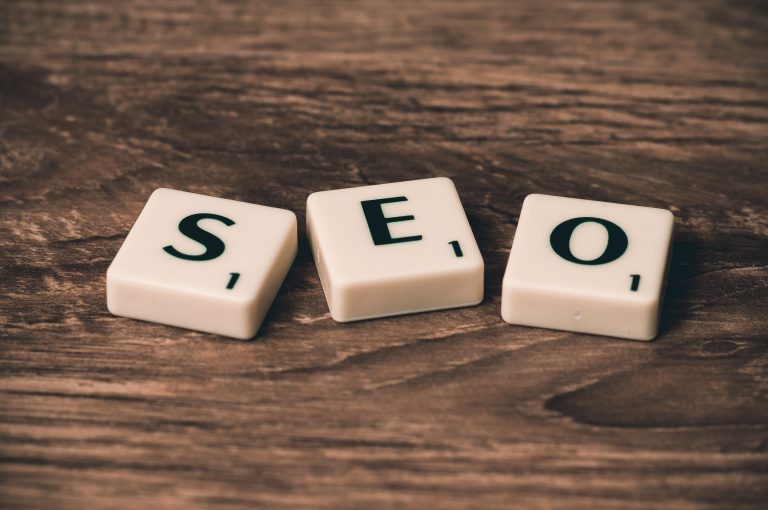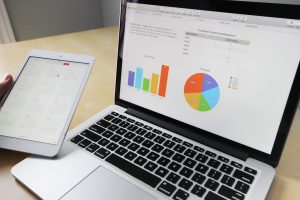
The digital world is continuously and rapidly changing. We have gone from massive phones to tiny computers in our pockets, from bricks to shards of glass. Not only that, the development of the smartphone and its capabilities is far more than we could have imagined 20 years ago. We can order almost anything online, have meetings from different time zones and explore a wealth of knowledge at our fingertips. That last section is especially important. Businesses now depend extensively on the digital world, so the way they interact with their customers and other businesses has changed dramatically. When 81% of us investigate a product or service online before buying, it’s important to be seen online. This is where SEO Glasgow is highly important. SEO stands for Search Engine Optimisation, and it has the power to change your business.

What is SEO Glasgow?
SEO Glasgow is the act of optimising a website or page so that it ranks high in the Search Engine Results Page (SERPs) for a particular keyword or words. A keyword is a word or string of words that a user enters into a search engine to return relevant results for that keyword. An example might be “sports shops Glasgow” which would (hopefully) return information about sports shops in Glasgow, such as their opening times, rating etc. A longtail keyword is a keyword of four or more words. These keywords tend to have better conversion rates in terms of digital marketing techniques as they show a real intent to buy. This is not someone looking for info to compare, this is someone looking for the thing they want. An example based on the previous would be “sport shops in Glasgow with gym”.
To get websites to show up for these results, digital marketers commence SEO Glasgow. There are many different parts to SEO Glasgow, often undertaken by an SEO company Glasgow, but the two main ones we shall look at in this article are link building and onpage optimisation.
How Does SEO Glasgow Work?
SEO is based around one simple principle: relevancy. Google wants to return the most relevant results for a user’s search query. To do this, it “crawls”, or studies, a web page and reads the content. It will examine the topic and theme of the content and then choose what keywords it is best to show a page for, and where to place it in the rankings for those keywords. It will then look at links that point to the domain or page. It looks at things such as the general theme of the website that the link comes from, the websites’s domain authority, and the relevancy of the content on the page that the link comes from.
To this end, when undertaking onpage optimisation, a decent digital marketer will make sure that the keywords that a web page is to be ranked for is found in certain parameters. These parameters include, but are not limited to, the following:
- Page Title. This is a short description attached to the page that allows Google to read the general theme (main keywords) for a page.
- H1’s. An article title. This tells Google what the main focus for the written content is.
- H2’s. Sub headers within articles. These break up content and tell Google what the following content is focused on within the main article.
- Meta. This is a longer description intended to be a screenshot of the article to tell human users what the article is about.
- Image Alt Tags. As Google can’t “read” an image in terms of SEO Glasgow, alt tags are attached to define an image’s content. They also help visually impaired people to better experience the website.
If done properly, with a good focus on both link building and content optimisation, SEO Glasgow can have an affirmative impact on a business’ revenue.
